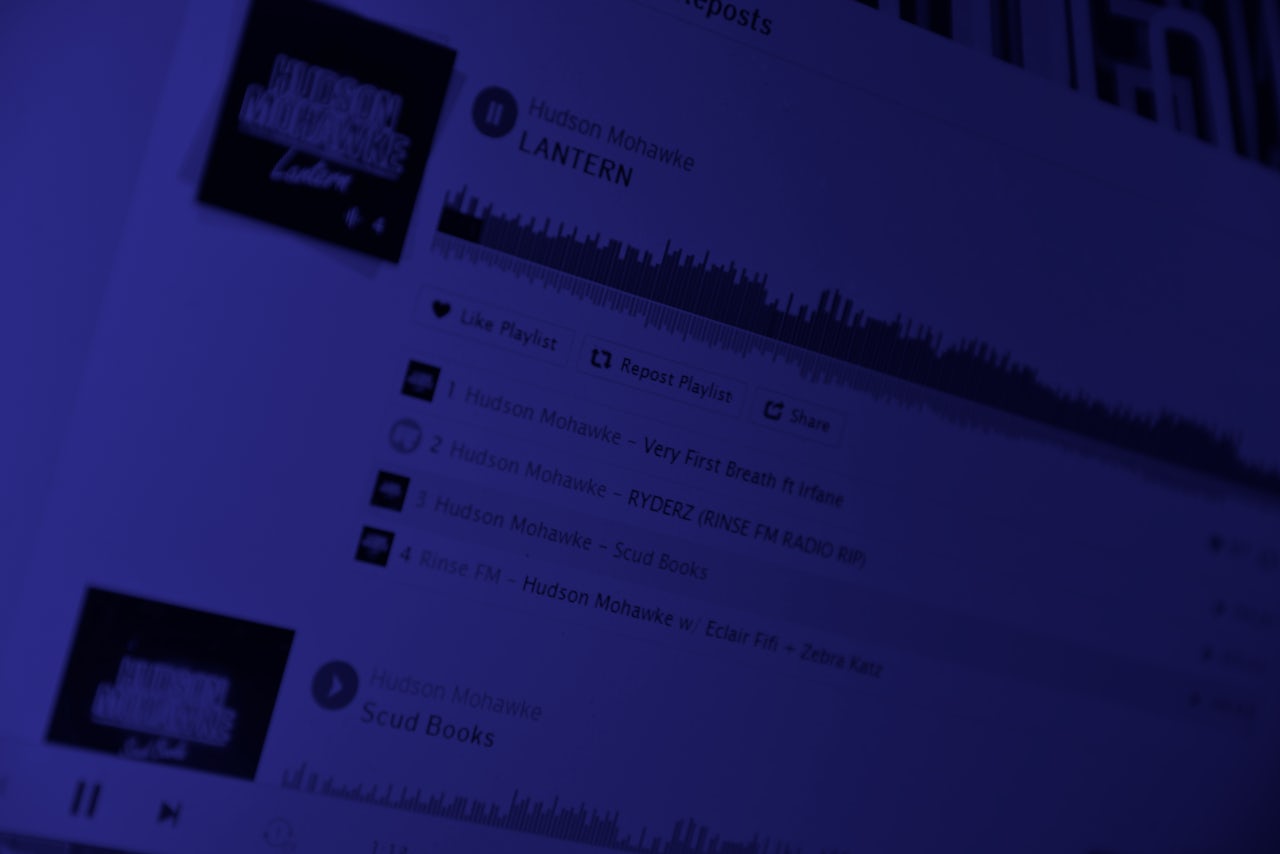Last year, when news broke that the social video platform Vine would be shutting down at the beginning of 2017, scores of people took to Twitter, which owned Vine, to mourn the app’s death. Their despair was well founded. On Vine, a robust population of young people, specifically black teens, thrived by creating videos that shaped the zeitgest. As many have pointed out, those kids were getting the raw end of the deal, having generated millions of views on the app only to have it shuttered with little notice and no payout.
This week, news came that another app popular among creative young people, the music platform SoundCloud, might be facing a similar fate. According to a TechCrunch report, the service only has enough cash on hand to operate for a short while; the company itself disputed the account, claiming that it is fully funded through the year. Still, the report follows recent news that Berlin-based company would be laying off 40 percent of its staff, after years of chasing profitability.
As with Vine, it is easy to mourn the potential death of SoundCloud as another blow to the independent platforms on which young members of historically marginalized groups found a home. But it’s really not so cut-and-dry. There’s no denying that SoundCloud had an indelible impact on music, propelling the careers of artists and producers as different as Kaytranada, Chance the Rapper, and today’s crop of young upstarts, including Playboi Carti and Lil Uzi Vert.
But as it struggled to define itself in the streaming era, the company eventually capitulated to some of the worst tendencies of both the tech and music industries. It spent years trying to hash out deals with major labels, despite its biggest asset being the independent creators on the platform and their communities; it refused to advocate for artists and producers targeted by Draconian copyright measures; it adopted an after thought-like freemium model that failed to resonate with users; it ignored fixable critiques about the product itself.
What made SoundCloud special was that it allowed for would-be musicians, podcasters, poets, and more to upload and share their work painlessly. Users could comment on specific parts of an audio track that resonated with them, and you could follow artists big and small, creating a customizable feed of music far from the mainstream. In college, I spent a weekend making rudimentary beats and uploading them to SoundCloud, and later found out that some kid in Brazil had found and liked my experiments.
It’d be a mistake to assume that the creativity that thrived on SoundCloud existed because of SoundCloud.
There was plenty the company could have done to capitalize on this organic development of the app, namely focus on developing an artist-friendly approach: paid subscriptions, album bundles, merch, better tools for engagement between artists and fans. Had SoundCloud gone the way of Bandcamp, which remains a rare truly profitable music streaming platform in part by prioritizing independent artists, its reality could have looked significantly brighter. Instead, it ignored those possibilities in attempt of accomplishing a tech industry dream: scale.
The one thing SoundCloud remained adept at was positioning itself as an indie darling while attempting to become a corporate behemoth. The company marketed itself as a cool kid’s alternative to Spotify, hosting scores of events with artists it identified as doing well on the platform and harping on its refusal to sell to a larger company. Except it was never going to be a viable alternative to the already enormous Spotify (which itself struggles to turn a profit). There’s much talk online about artists like Chance the Rapper coming to rescue the fledgling business. He himself tweeted, “I’m working on the SoundCloud thing.” While Chance is a SoundCloud success story, he doesn’t represent the independent musicians currently thriving on the platform. And that’s exactly the platform’s problem: Just as Chance can call himself independent while striking a deal with the largest company in the world, aligning himself with brands like Kit-Kat, and wielding the power of corporations like Viacom to silence critics, SoundCloud has attempted to appear as a scrappy underdog while playing the same cynical game as its tech competitors — just not as successfully.
It’d be a mistake to assume that the creativity that thrived on SoundCloud existed because of SoundCloud. As they have for decades, going as far back to rappers selling burned CDs out of the trunks of their car, independent artists will always find a way to get their music heard. YouTube, for example, is an obvious place for artists to set up shop. The platform is already the predominant way that young people listen to music, and it has the least restrictive licensing deals with labels. SoundCloud certainly had its moment, but as with many companies before it, it squandered its potential by not listening to the people who made it great. Good riddance, I say.
